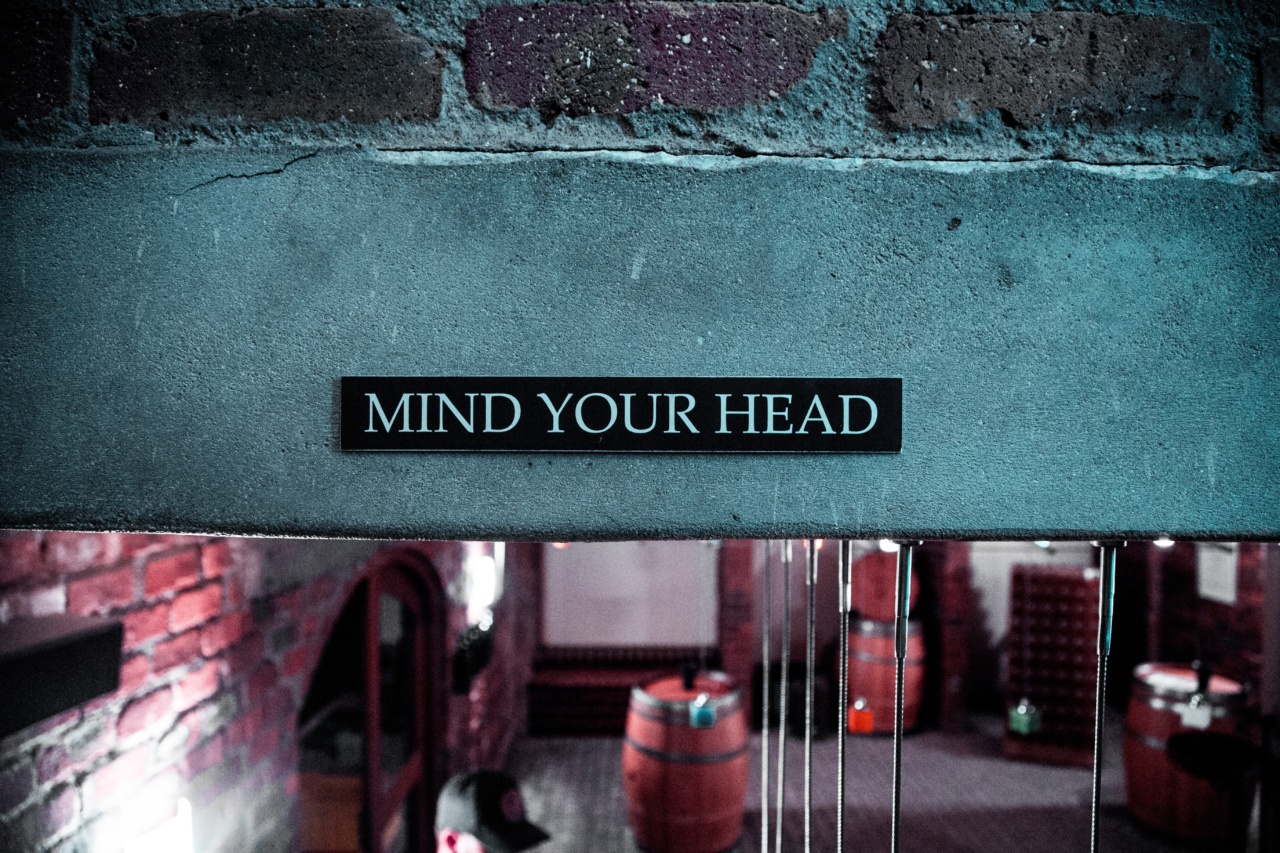Alcohol consumption is a common and socially acceptable activity in many cultures. While some people can enjoy alcohol moderately and responsibly, others can develop a problematic relationship with it.
Alcoholism is a chronic disease that impacts millions of people worldwide and can have serious health, social, and economic consequences.
It is essential to recognize the signs and symptoms of alcoholism to seek help before it’s too late. Here are eight warning signs to watch out for:.
1. Increased Tolerance
One of the first signs of an alcohol problem is increased tolerance. This means that you need to consume more alcohol to feel the same effects that you used to at lower levels of consumption.
Over time, increased tolerance can lead to more significant health problems, such as liver damage and alcohol poisoning.
2. Withdrawal Symptoms
When you become dependent on alcohol, your body can experience withdrawal symptoms when you stop drinking. Symptoms can include nausea, headaches, sweating, and even seizures in severe cases.
If you experience withdrawal symptoms when you stop drinking, it is a sign that you need to seek professional help.
3. Drinking Alone
Drinking alone can be a sign that you have a problem with alcohol. It can indicate that you are hiding your drinking from others, avoiding judgment or concealing the extent of your alcohol use.
Drinking alone also increases the risk of developing a dependency on alcohol.
4. Neglecting Responsibilities
When you have an alcohol problem, it can significantly impact your ability to fulfill your responsibilities at home, work, and school. You may start neglecting your duties, leading to strained relationships, job loss, and academic failure.
5. Increased Risk-Taking
Alcohol is known to impair judgment and decision-making abilities. When you have an alcohol problem, you may engage in more risky behaviors than you would sober.
This can include driving while intoxicated, participating in unsafe sex, or even committing crimes.
6. Drinking Despite Negative Consequences
While most people recognize that excessive drinking can have negative consequences, those with an alcohol problem continue to drink despite these consequences.
They may experience problems with relationships, health, finances, and legal issues but still cannot stop drinking.
7. Relationship Problems
Individuals with an alcohol problem often have problems maintaining healthy relationships with loved ones.
They may become angry or irritable when they cannot drink, prioritize alcohol over relationships and responsibilities, or even become abusive towards others while under the influence.
8. Increased Frequency of Drinking
Finally, if you find yourself drinking more often than you used to, it may be a sign of an alcohol problem. Increased frequency of drinking can lead to increased tolerance, dependency, and withdrawal symptoms.
Conclusion
Alcoholism is a serious problem that impacts millions of people each year. The signs and symptoms discussed above can indicate an alcohol problem and should not be ignored.
If you or a loved one is struggling with alcohol use, seek professional help to overcome the problem and start living a healthier life.































